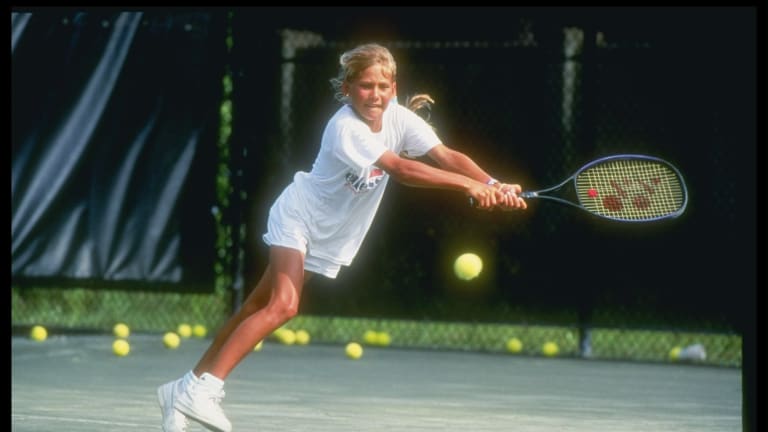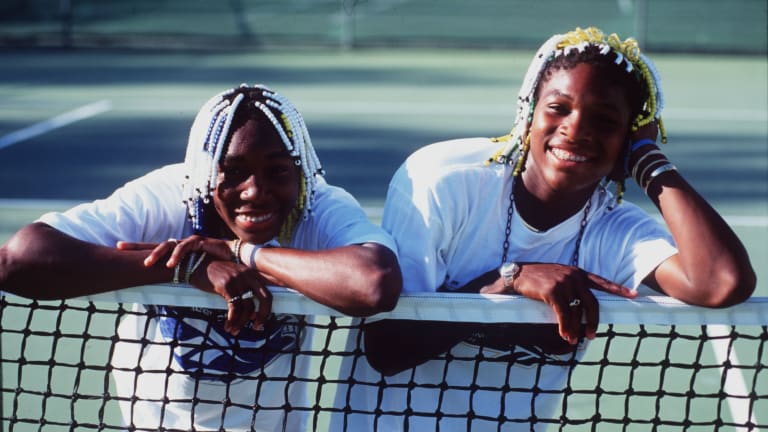Your Game
Nick’s Notes: Bollettieri on the challenges of junior tennis
By Dec 29, 2022Your Game
Tecnifibre releases special-edition Danille Collins pickleball paddle
By Oct 04, 2025Your Game
Racquet Preview: Solinco unveils Blackout V2
By Sep 24, 2025Your Game
Geared Up: Victoria Mboko is turning heads in all Wilson
By Sep 23, 2025Your Game
Racquet Review: Dunlop CX 200 (18x20) Limited Edition
By Sep 17, 2025Your Game
Racquet Review: Wilson Ultra Pro 99 v5
By Sep 14, 2025Your Game
Yonex goes dark on Percept racquet line
By Aug 28, 2025Your Game
Babolat gives the Pure Strike a makeover with carbon grey cosmetic
By Aug 25, 2025Your Game
Head launches second edition of Speed Legend series
By Aug 24, 2025Your Game
Asics releases its Night Energy Collection
By Aug 23, 2025Nick’s Notes: Bollettieri on the challenges of junior tennis
The late coach shares his thoughts on what makes junior tennis even tougher than the pros.
Published Dec 29, 2022
Advertising

Anna Kournikova was one of the many junior players that trained at Nick Bollettieri Tennis Academy.
© Getty Images
Advertising

The Williams sisters spent their entire junior careers working on fundamentals, which gave them the best chance of success.
© Getty Images